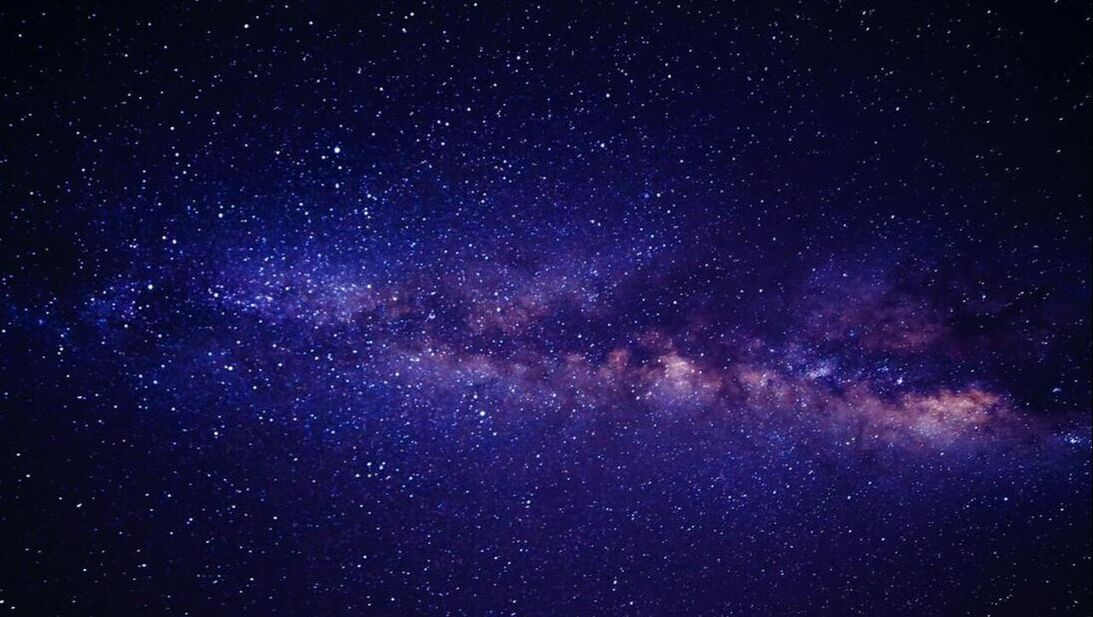In the Beginning: Islamic Perspectives on Cosmological Origins—IHow did the cosmos come into existence? When? Is there an end to this beginning? Cosmology, the science which studies the creation of the cosmos, can be divided into several categories. Philosophical reflection on the origins created a tradition of philosophical cosmology. Pythagoras, Plato, Aristotle, and a host of other philosophers have left detailed accounts of their opinions about the creation of the cosmos. Most of this philosophical cosmology was translated into Arabic, leading to the emergence of an Islamic philosophical cosmology which started to move away from the Greek tradition in the eleventh century; this move achieved a definitive character in the form of Hikmah (Wisdom tradition) in the thirteenth century. This tradition remains alive in contemporary Islamic thought. Before the emergence of the Islamic philosophical cosmology, however, there existed another cosmological tradition, the “Sacred Cosmology”, based on the Qur'anic descriptions of creation and on the sayings of the Prophet. Based on the earliest sources, this paper, the first installment from a chapter of a work in progress, explores three aspects of this Sacred Cosmology: those dealing with the Guarded Tablet and the Pen; the Throne and the Footstool; and the Heavens and the Earth.
|
Muzaffar Iqbal
|
|
© Center for Islamic Sciences. All Rights Reserved.
Designed and Developed by Crescent Marketing Solutions |


